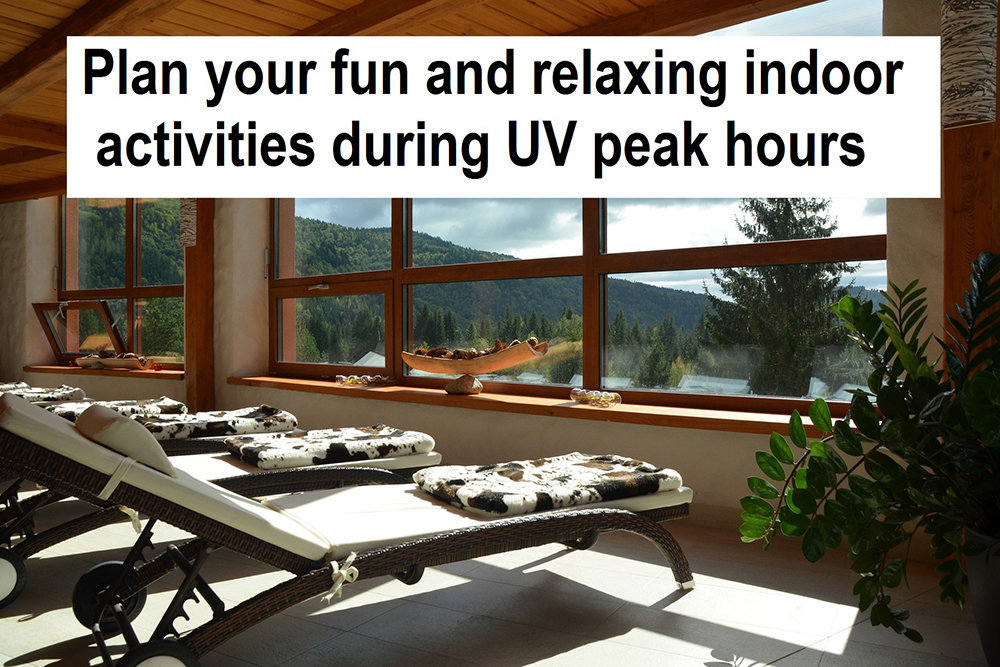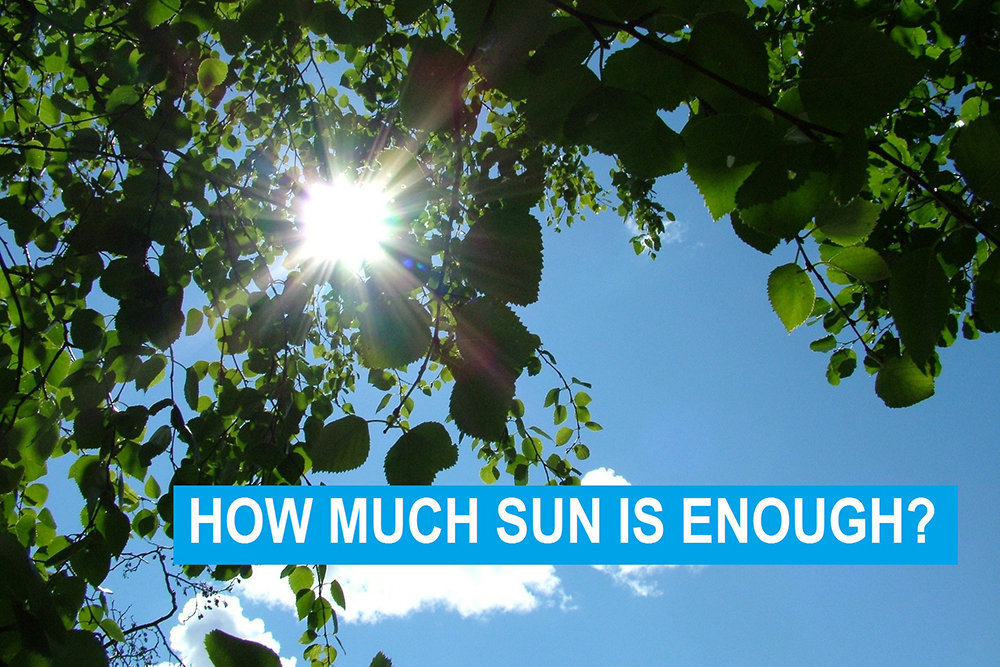

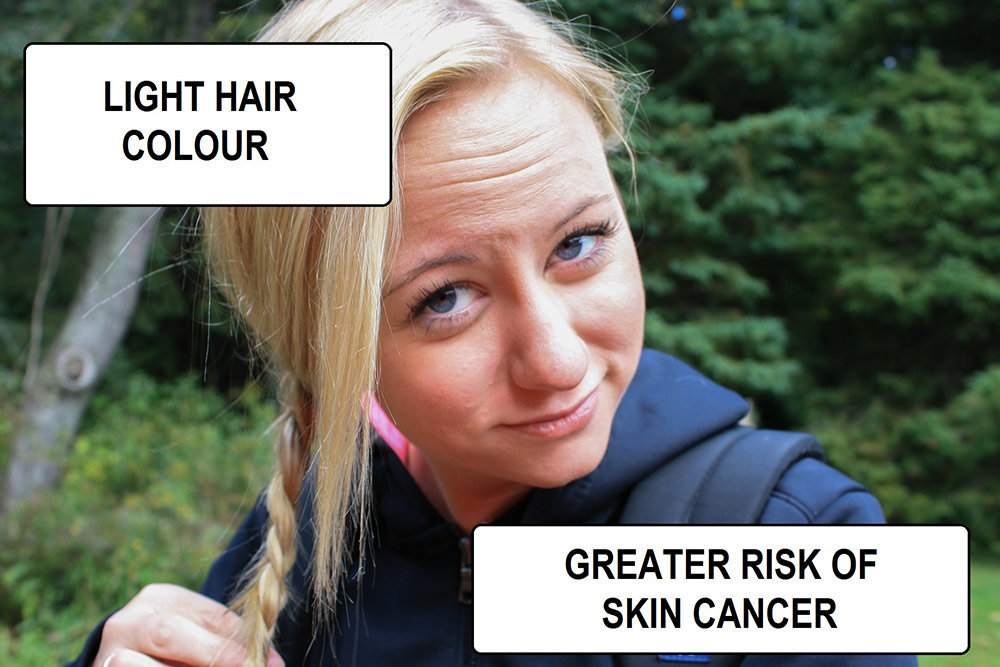
Your Hair Colour and Skin Cancer Risk
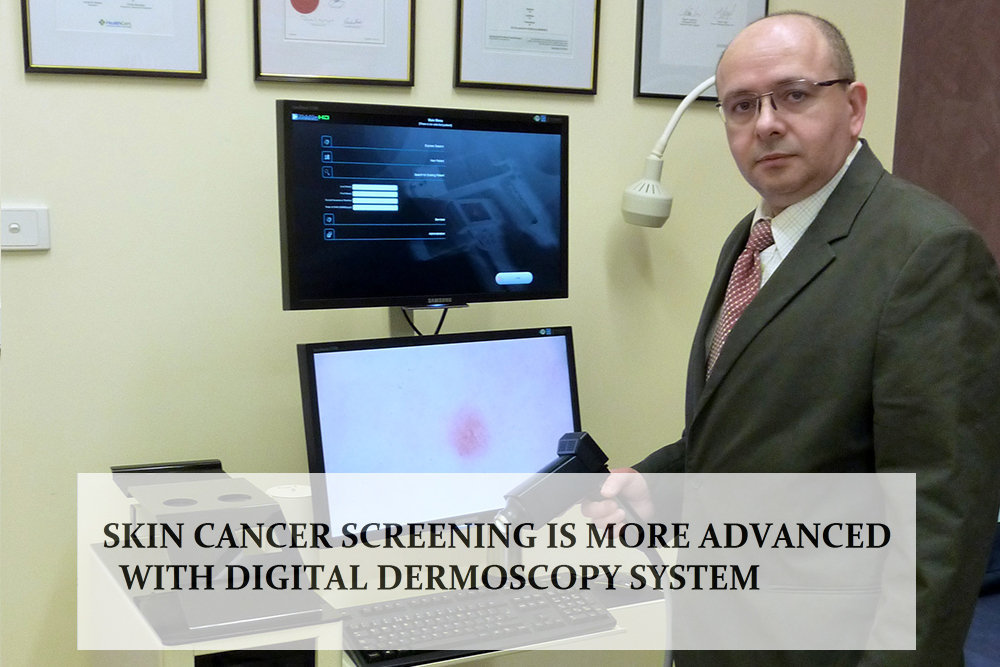
Digital Dermoscopy for Skin Cancer Screening
The rates of skin cancer are increasing worldwide, and therefore the medical profession is searching for better ways in diagnosis and management of skin cancers to improve the survival rates in melanoma.

Fly High and Safe
Planning to travel by plane this holiday season? Before you start your journey, prepare yourself and those accompanying you for a safer trip by protecting from the sun and high altitude while getting to your destination.
Our bodies are not accustomed to high altitudes, so to prepare for the flight wisely, avoid coffee and black tea before and during the flight, drink herbal teas like peppermint and chamomile.
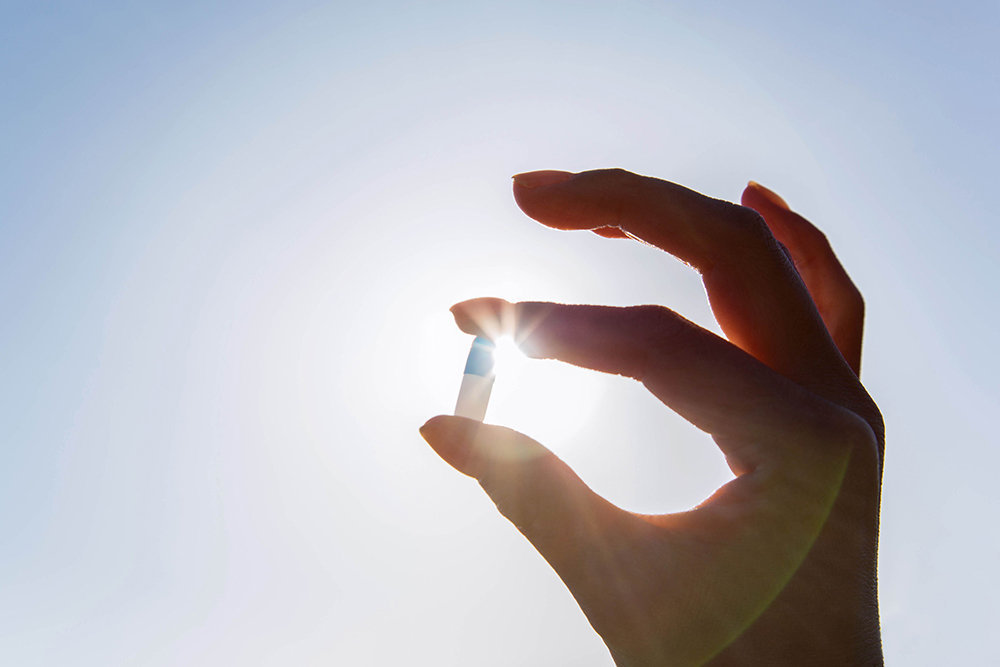
Sunscreen Pills
Some of you may have come across the so called “Sunscreen Pills”, which are marketed as “supplemental protection” against sun damage. These supplements are not available for sale in Australia, but can be purchased over the internet. The description of the pills suggests that they protect your skin from sun damage and photoageing.
What are these claims based on? The key ingredient in these tablets is Polypodium Leucotomos Extract, a potent plant with antioxidant properties, originated from Central America and parts of South America.

Sunscreen Use and Melanoma Risk Study Review
I would like to provide you with the results of the recent world-first study conducted by University of Sydney to examine the association between sunscreen uses with melanoma risk in young people under 40 years of age. The study analysed data collected from nearly 1700 people has found that Australians aged 18-40 years who regularly used sunscreen in childhood reduced their risk of developing melanoma
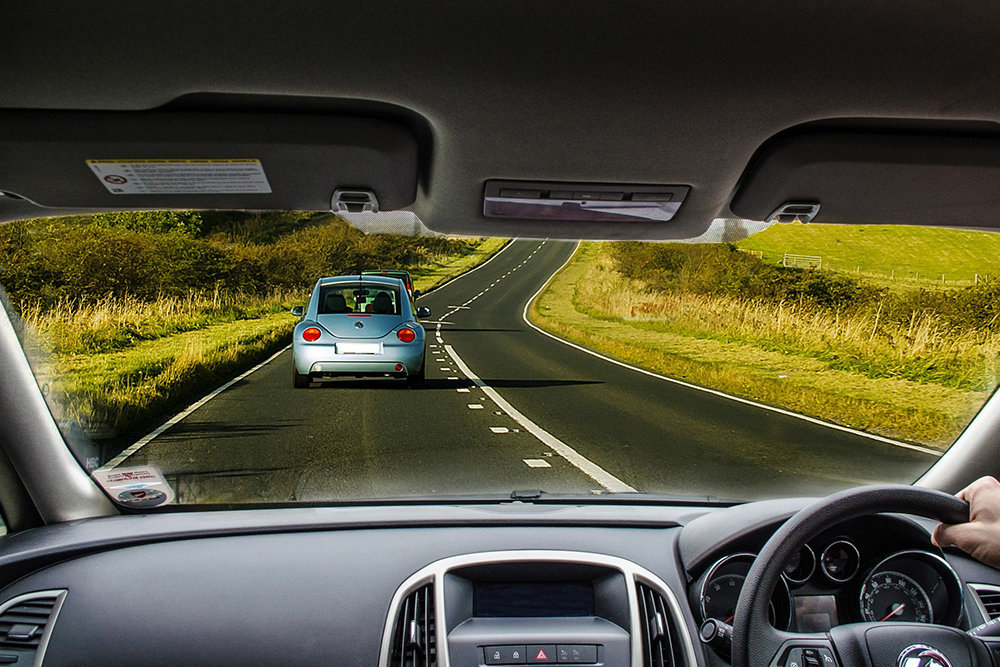
Be Sun Smart When Driving
Cars and driving is an integral part of our lives. We all know about traffic rules and get annoyed about traffic jams and delay, but how many of us know that prolonged sun exposure from driving increases our risk of skin cancers. When I examine patients, especially men, for skin cancer, I tend to see more skin cancers on the right side of the face and hands, which is the driving side in Australia. People should be aware that the longer they stay behind the wheels during the day, the larger the amount of sun exposure they receive. Your daily sun exposure does not
